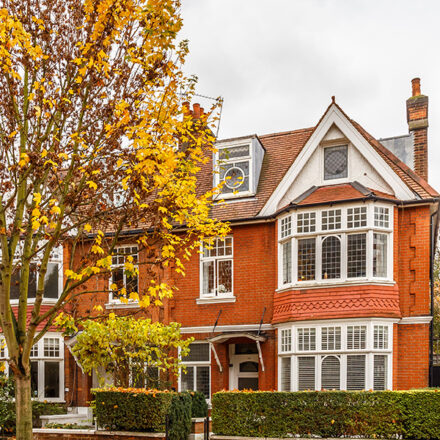On the Move? Read this first!
Conveyancing is the legal transfer of home ownership from the seller to the buyer. The conveyancing process begins when an offer on a house is accepted, and finishes when the keys are released.
The buying and selling of a home, is probably the most significant personal transaction that people undertake in their lives.
Your Property Solicitor will carry out the legal work to help your transaction run smoothly. Their responsibilities will include: Checking the house title and organising searches for the property on a purchase, and on a sale they will obtain your title documents and ask you to complete detailed questionnaires. They will prepare and send out a package of legal information along with a contract for sale
When you instruct your Property Solicitor, you will need to provide them with official proof of your identity and address, and complete the initial forms.
What do you need to do when selling?
On a sale, your title number will enable your Solicitor to obtain title documents. You will also need to provide certain documents such as Leases, Share Certificates for management companies, NHBC (National House-Building Council) and other guarantees, planning and building regulation documents, etc, which the buyer will require.
Your property will either be registered at the Land Registry, or it will be unregistered. The majority of properties are registered so the legal title is held by the Land Registry. If your property is unregistered you will need the unregistered title deeds to prove ownership.
Your Property Solicitors will ask you to complete forms to form part of the contract package, this will consist of Property Information forms, which provides the buyer with detailed information about the property. Fixtures and Fittings form, this outlines exactly what you will be leaving in the property.
Additional paperwork will be required for Leasehold Properties.
What do you need to do when buying?
You will need to instruct your solicitor, and your proposed mortgage lender at the earliest opportunity. Your application for a mortgage should be made as soon as possible. You should pay any valuation fee your lender may ask for, and consider the type of Survey you want carried out. Your Solicitor will apply for your searches and you will need to make the payment for the searches.
Your Solicitor will ask you to provide evidence of your Source of Funds. It is a legal requirement that the buyer provides adequate proof of the source of their funds to their Solicitor. With an estimated 4 billion pounds of fraud in conveyancing per year, Solicitors have an obligations to identify any client who pays money and to know how it funds are generated. It could be a gifted deposit from your parents, an inheritance from a deceased relative or even money held in savings account. Being able to prove the source of your deposit and provide evidence, are an essential part of the process.
I want to buy and sell at the same time, how can I do this?
Many people want to move out of their existing property into their new property on the same day. Your Property Solicitor will help to synchronise your sale and purchase, and keep all parties informed of how the other matter is progressing, and negotiate appropriate dates with them.
Head of Residential Property, Daveena Seepaul is able to help with all your property transactions. With a well-established Property Department in the heart of Wanstead. Edwards Duthie Shamash Solicitors is able to help with your property needs.
